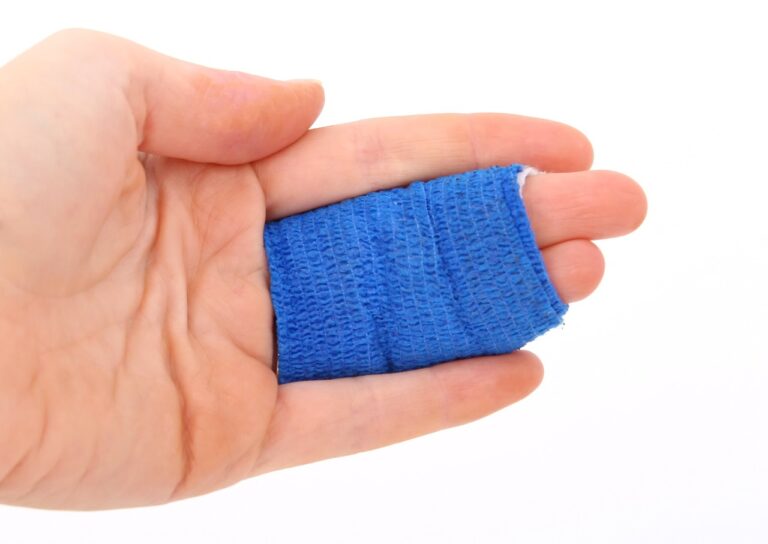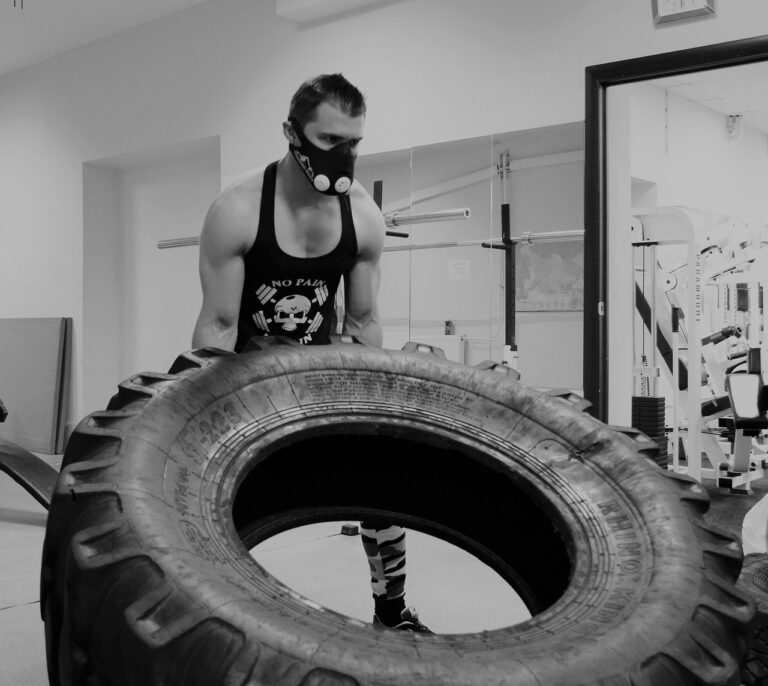The Link Between Childhood Trauma and Chronic Illness: Breaking the Cycle
Childhood trauma, also known as adverse childhood experiences (ACEs), can have a profound impact on an individual’s physical and mental health in adulthood. Studies have shown a clear link between childhood trauma and the development of chronic illnesses later in life. In this article, we will explore the connection between childhood trauma and chronic illness, as well as discuss strategies to break the cycle and promote healing.
The Impact of Childhood Trauma on Health
Childhood trauma can take many forms, including physical, emotional, or sexual abuse, neglect, household dysfunction, and exposure to violence. These experiences can disrupt a child’s sense of safety and security, leading to a range of psychological and physiological responses.
Link Between Childhood Trauma and Chronic Illness
Research has shown that individuals who have experienced childhood trauma are at a higher risk of developing chronic illnesses such as heart disease, diabetes, cancer, and autoimmune disorders. The stress and trauma experienced in childhood can dysregulate the body’s stress response system, leading to chronic inflammation, immune system dysfunction, and increased risk of disease.
Breaking the Cycle
While the impact of childhood trauma on health outcomes can be significant, it is not inevitable. There are ways to break the cycle and promote healing for individuals who have experienced trauma in childhood.
Therapy and Counseling
Therapy and counseling can be beneficial for individuals who have experienced childhood trauma. Through therapy, individuals can process their experiences, develop coping mechanisms, and work through any lingering trauma that may be affecting their health.
Healthy Lifestyle Choices
Adopting healthy lifestyle choices, such as regular exercise, a balanced diet, and sufficient sleep, can help mitigate the impact of childhood trauma on health. These practices can support overall well-being and reduce the risk of developing chronic illnesses.
Support Systems
Building strong support systems and connections with others can be crucial for individuals who have experienced childhood trauma. Having a network of supportive friends, family members, or mental health professionals can provide comfort, validation, and resources for healing.
Self-Care Practices
Engaging in self-care practices, such as meditation, mindfulness, journaling, and hobbies, can help individuals manage stress and promote healing. These practices can cultivate a sense of self-compassion and resilience in the face of trauma.
Conclusion
Childhood trauma can have a lasting impact on an individual’s health and well-being. By recognizing the link between childhood trauma and chronic illness, we can take proactive steps to break the cycle and promote healing. Through therapy, healthy lifestyle choices, support systems, and self-care practices, individuals can work towards recovery and improve their overall quality of life.
FAQs
Q: Can childhood trauma be reversed?
A: While the effects of childhood trauma can be long-lasting, they are not necessarily permanent. With appropriate therapy, support, and self-care practices, individuals can work towards healing and recovery from childhood trauma.
Q: How can I support a loved one who has experienced childhood trauma?
A: It is important to listen, validate, and support your loved one who has experienced childhood trauma. Encourage them to seek therapy, connect with support groups, and engage in self-care practices that promote healing.
Q: What are some resources for individuals who have experienced childhood trauma?
A: There are many resources available for individuals who have experienced childhood trauma, including therapy services, support groups, hotlines, and online resources. It is important to find resources that resonate with your needs and provide a safe space for healing.







